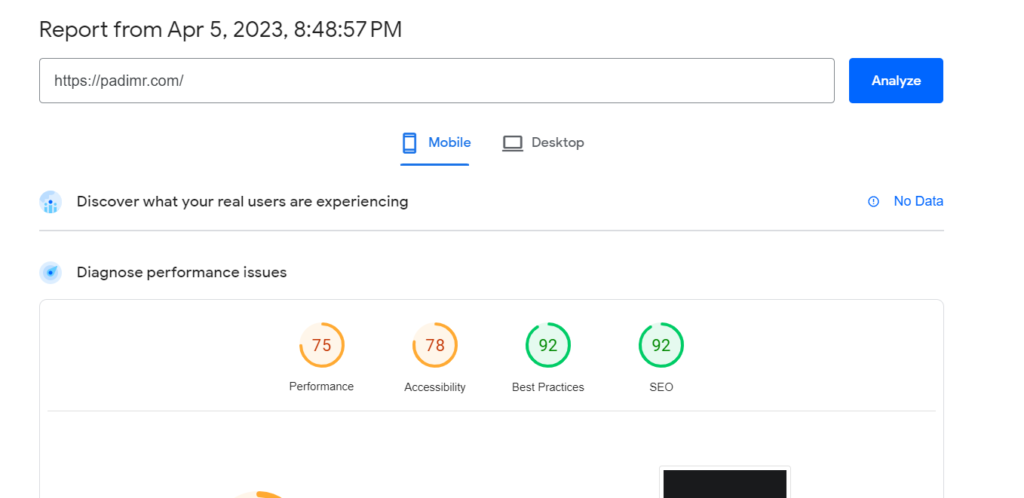Improving your website’s SEO is about more than just keywords; it’s about building trust, offering valuable content, and establishing authority. Search engines reward sites that align with E-E-A-T (Experience, Expertise, Authoritativeness, Trustworthiness) and provide users with the best experience. Below are 10 actionable tips to enhance your website’s SEO and establish topical authority.
1. Conduct an SEO Audit and Identify Weak Points
Start by analyzing your site’s current SEO status using tools like Google Search Console and Google Analytics. Look for:
- Pages with high bounce rates
- Keywords with low rankings
- Crawl errors or indexing issues
Submitting a sitemap through Search Console helps improve indexing efficiency.
2. Establish Topical Authority with Niche-Focused Content
Google rewards websites that demonstrate authority within a specific niche. Build clusters of related content that revolve around a core topic.
Example: If your website focuses on digital marketing, create content pillars like SEO strategies, email marketing tips, and PPC advertising guides. These clusters show search engines that your website covers the topic in depth.

3. Create High-Quality, People-First Content
Focus on valuable, original content that serves your audience. Google’s guidelines emphasize E-E-A-T, which involves sharing first-hand experience or deep expertise. To align with this:
- Add case studies, product reviews, or tutorials based on personal use or research.
- Use content formats that match search intent, such as Commercial, Informational, Transactional, FAQs or How-To guides.
4. Use Internal Links to Build Relevance
Internal links pass SEO value between pages and help Google understand the structure of your site. Strategically link related content to boost topical relevance.
Example: Link “Top SEO Tools for Beginners” to deeper guides like “How to Use Google Search Console Effectively.”
Check out more strategies for discovery and relevance here: How Do You Build Discovery and Relevance for Search Engines?
5. Optimize for Mobile-First Indexing
Google uses mobile-first indexing, meaning the mobile version of your site is prioritized for ranking. Ensure your website is mobile-friendly by:
- Using responsive design to adapt to any screen size
- Testing your website performance through Google’s Page Speed Insights.
- Reducing load times with optimized images

6. Speed Up Your Website’s Load Time
Page speed directly affects user experience and SEO. A fast-loading site reduces bounce rates and keeps visitors engaged.
- Use next-gen image formats like WebP to reduce file sizes.
- Enable caching and minify CSS and JavaScript files.
- Leverage a CDN to serve content faster to global users.
7. Build High-Quality Backlinks
While internal links are important, backlinks from reputable websites boost domain authority.
- Reach out to relevant sites for guest posting opportunities.
- Create content (like whitepapers) that others want to link to.
- Avoid low-quality links to prevent penalties.
8. Optimize Metadata and Use Schema Markup
Meta titles, descriptions, and structured data help improve visibility and click-through rates (CTR).
- Write concise meta descriptions that include primary keywords and reflect search intent.
- Use schema markup (like FAQs) to enhance how search engines display your content in rich snippets.
9. Monitor and Improve with Analytics
SEO is a continuous process. Use Google Search Console to track:
- Indexed pages and their performance
- Keyword rankings across regions
- Search impressions and click-through rates
Make necessary adjustments based on these insights to improve your SEO strategy.
10. Align Content with Voice Search Trends
As voice search grows, align your content to match how people use it.
- Use natural language in your writing.
- Answer common questions through FAQ sections.
- Add structured data to improve your chances of appearing in voice search results.
FAQs About Boosting SEO
1. What Is E-E-A-T and Why Does It Matter?
E-E-A-T stands for Experience, Expertise, Authoritativeness, and Trustworthiness. Websites with high E-E-A-T perform better, especially on YMYL (Your Money or Your Life) topics.
2. How Can Internal Links Improve SEO?
Internal links help distribute SEO value, improve navigation, and signal which pages are most important.
3. Is Page Speed a Ranking Factor?
Yes. Google rewards faster websites because they improve user experience. A 1-second delay can reduce conversions by 7% (source: Neil Patel).
4. Does Schema Markup Improve Rankings?
Schema doesn’t directly improve rankings but helps your site appear in rich snippets, improving CTR.
5. How Long Does It Take to See SEO Results?
SEO improvements generally take 3-6 months to show results, but it depends on competition and execution. Here’s a 3 month SEO plan.
Additional Insights
- Ad Frequency Matters: Users need to see an ad about 7 times before taking action, showing the importance of retargeting strategies (Forbes).
- Landing Page Optimization Boosts Conversions: Optimized landing pages can increase conversions by up to 300% (HubSpot).
- Effective Targeting is Critical: 70% of marketers report that poor targeting is the main reason for underperforming ads (WordStream).
Conclusion: Acheive SEO Success with Strategy and Consistency
SEO success requires a strategic approach—not just about keywords, but also offering valuable content, building topical authority, and improving user experience.
- Align your content with search intent and E-E-A-T guidelines.
- Use internal links to improve navigation and relevance.
- Monitor performance with Google Search Console and Analytics.
Following these 10 tips will not only enhance your visibility but also build a better experience for users, ensuring long-term growth and success. If you still are not sure of how to do SEO contact us at abtechx.
